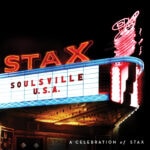Stax Compilations
The Complete Stax-Volt Soul Singles, Vol. 4: Rarities & The Best of the Rest
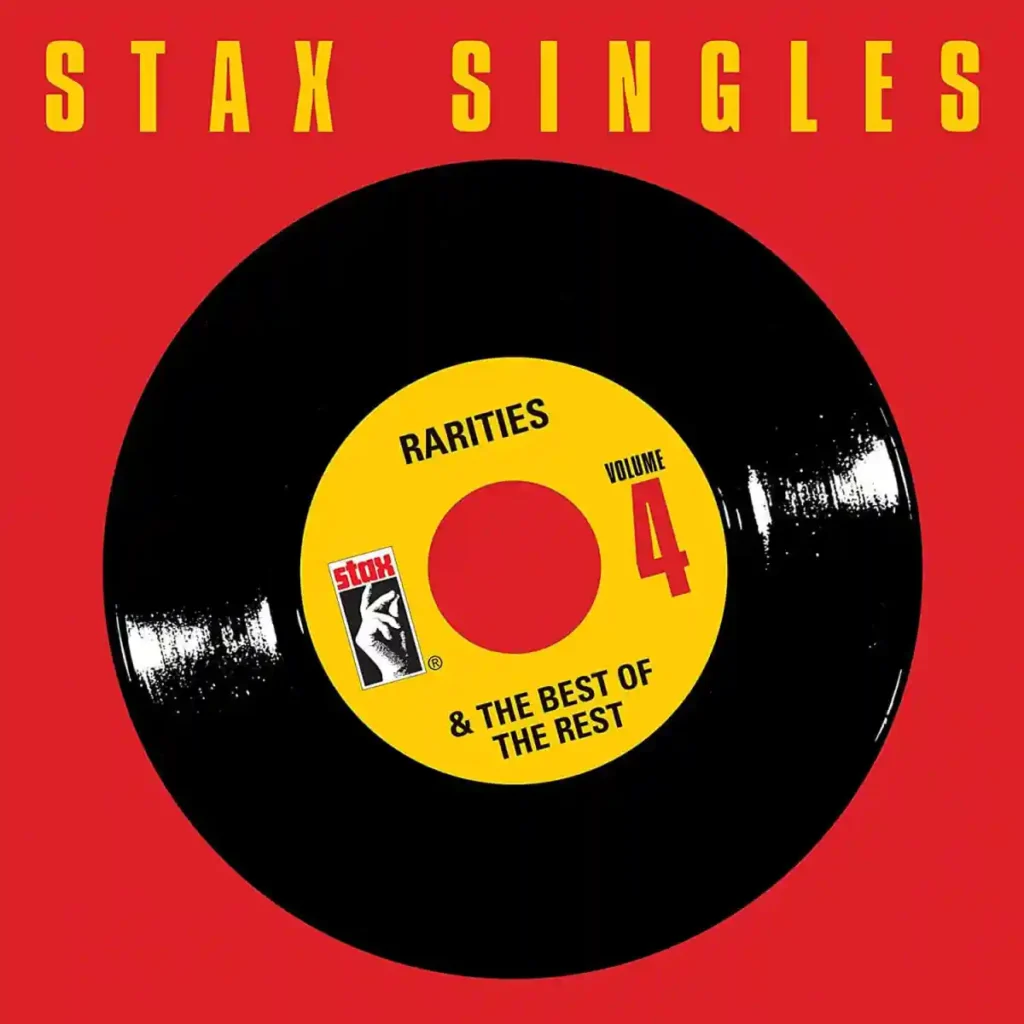
Though often characterized as a tight-knit, Memphis-based mom-and-pop operation at the bedrock of soul music’s advent, Stax Records’ expansive outreach into a vast breadth of genres remains routinely understated in retellings of its history. Even in its earliest iteration, established in 1957 as Satellite Records, the label’s founder, Jim Stewart, set his sights on honky-tonk music before later shifting focus to the signature sound that weaved blues, gospel, pop, and jazz into a new thread, stretching itself to fans throughout America and across the globe.
Notably, with the dawning of the 1970s, Stax Records’ leadership adopted a more expansive approach to pushing diverse products into the music marketplace. The company rapidly increased its offerings with experimental takes on rock, roots music, jazz, gospel, comedy, spoken word, funk, and more, providing an abundance of rare grooves for modern collectors with a feverish appetite for lesser-known sounds. With Stax Singles, Vol. 4: Rarities & The Best of the Rest, aspiring Stax Records completists or curious listeners wondering what the label offers outside of its main fare are treated to a sampling of the abundant universe of music beyond the sweltering and sincere soul that made Stax a chart-topping powerhouse.
The 6-CD boxed set, released in 2018, showcases tracks by nearly 100 unique artists spanning Stax Records’ creative and stylistic eras. The compilation also features an 80-page booklet with four new, comprehensive essays. These essays are authored by renowned music journalist Lee Hildebrand, acclaimed writer and producer Alec Palao, box set co-producer Bill Belmont, and Rob Bowman, the esteemed author of Soulsville, U.S.A.: The Story of Stax Records.
The first disc acquaints listeners with music that predates Stax’s defining sound, calling initially on the talents of Rufus and Carla Thomas, a father-daughter duo whose immeasurable impact kickstarted the label’s pivot to soul music. On “Deep Down Inside,” which begins the collection, the Thomases sing effortlessly along a rhythmic shuffle endemic of the more prominent soul music gaze, closely mimicking the doo-wop of a previous generation of Black crooners. As the disc continues, vocal groups such as The Astors, Barbara & The Browns, The Baracudas, and The Canes further eke out a display that proves an early influence by the likes of Jackie Wilson, Ray Charles, Sam Cooke, and The Supremes, instead of the Southern soul rumble that would soon vibrate the walls of Stax’s Studio A. For those eager to forecast the gritty downbeat that would later separate Stax Records from its contemporaries, “Shake Up” by The Cobras offers a glimpse. This rag-tag ensemble, including drummer Terry Johnson with future M.G.’s members Steve Cropper and Donald “Duck” Dunn, infuses the infectious groove that was commonplace in Stax’s instrumental sides of the time with a touch of surf-rock and jazz to a refreshing result.
As Disc 2 gets underway, the collection reveals music on the margins of Stax’s core hitmaking abilities, including seldom-heard pieces from the likes of Eddie Floyd, William Bell, The Staple Singers, The Bar-Kays, and Booker T. & The M.G.’s, all of whom enjoyed the spoils of classic material released during the label’s heyday. Here, they are acknowledged by the uncharacteristic singles in their catalog, such as Bell’s handful of duets with powerful songstress Judy Clay or The M.G.’s cover of Art Jerry Miller’s gospel-leaning instrumental “Sunday Sermon.” Even in the case of a one-hit-wonder, Linda Lyndell, who performed the smash “What A Man” on Stax’s Volt imprint in 1968, turns up with the song’s more-than-worthwhile flip side, “I Don’t Know.” In it, she pines desperately for the love of her man, wallowing contemplatively in her sorrows before rallying for a triumphant cry in the song’s final measures.
Likewise, fellow one-hitters Frederick Knight and Jean Knight (no relation) find redemption on Disc 3. Both employ optimistic, danceable grooves to such a convincing effect that it begs the question of how they evaded repeat chart success after making their initial breakthrough impressions. Two Stax legends who were no strangers to the taste of consistency atop the charts—songwriters Isaac Hayes and David Porter—turn up together in a rare appearance as co-starring vocalists on a cover of Bread’s “Baby I’m-A Want You.” The Mad Lads frontman John Gary Williams appears with two songs on separate sides of his repertoire, the sweet balladry of “In Love With You” and the downtrodden funk of “Just Ain’t No Love (Without You Here).” Equally versatile, the short-lived group Hot Sauce packs this disc with a handful of selections, representing their expert grasp of vocals, rhythm, and storytelling as one of the most striking standout acts of the collection.
Disc 4 opens up the sonic landscape of Stax’s canon, visiting first with folk singer-songwriter Sid Selvidge on plaintive “The Ballad of Otis B. Watson.” The song, like the numerous ones exhibited immediately after, hovers in spaces far away from the quintessence of Stax’s soul, what with the Southern rock of Dallas County and the grandiose jazz vocalizations of Billy Eckstine. Breezy and slick, Barbara Lewis’ “Why Did It Take You So Long” points to the label’s reluctance to rest on the laurels of its Southern nucleus, opting for a fusion of more contemporary pop through the lens of African American cool. Another more jarring juxtaposition comes from O.B. McClinton, the friendly face of Stax’s country music sector, who reworks “Don’t Let the Green Grass Fool You” for his own devices.
Buoyed by bubblegum pop and the more psychedelic sounds of ’70s rock, Disc 5 places itself squarely in the domain of Stax’s appeal to white listeners. Most notably, the disc features selections from cult favorites Big Star, credited with popularizing so-called power pop by elevating Southern rock to include radio-friendly melody. In their wake, comparable acts such as The Hot Dogs, The Knowbody Else, and Cargoe cut through on the compilation with impressive cuts of their own. Wannabe teenage sensations The Goodees, comprised of local high school talent contest winners, help to round out the disc with good vibrations, wide-eyed lyricism, and airy sing-along hooks.
The final disc brings the experience back down home, enlisting the spiritual talents of Stax’s gospel acts, primarily incorporating singles from The Gospel Truth subsidiary. One exception is “Tryin’ Time,” the odd solo single released by Roebuck “Pops” Staples, the patriarch of The Staple Singers. A handful of singles released originally on Stax’s short-lived Chalice Records imprint in the 1960s are even more obscure. Among these, are several songs by The Dixie Nightingales, who’d later revamp their sound to perform secular music for Stax as Ollie & The Nightingales. In the aptly titled “The Assassination,” the group eulogizes John F. Kennedy. By the disc’s finish, Rance Allen emerges as a revolutionary and star gospel talent, with his shrieking guitar and voice raising toward the higher reaches of heaven and steering the compilation to its close.
by Jared Boyd
Stax Compilations
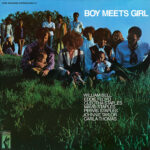
Boy Meets Girl
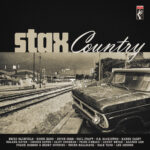
Stax Country
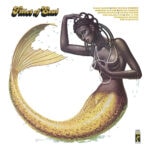
Fillet of Soul
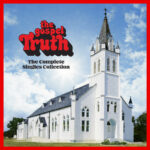
The Gospel Truth
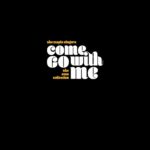
Come Go With Me: The Staple Singers
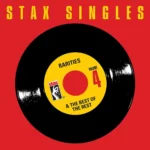
The Complete Stax-Volt Soul Singles, Vol. 4: Rarities & The Best of the Rest
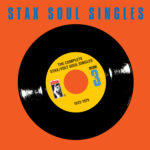
The Complete Stax-Volt Soul Singles, Volume 3: 1972–1975
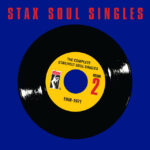
The Complete Stax/Volt Soul Singles, Volume 2: 1968-1971
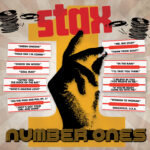
Stax Number Ones
